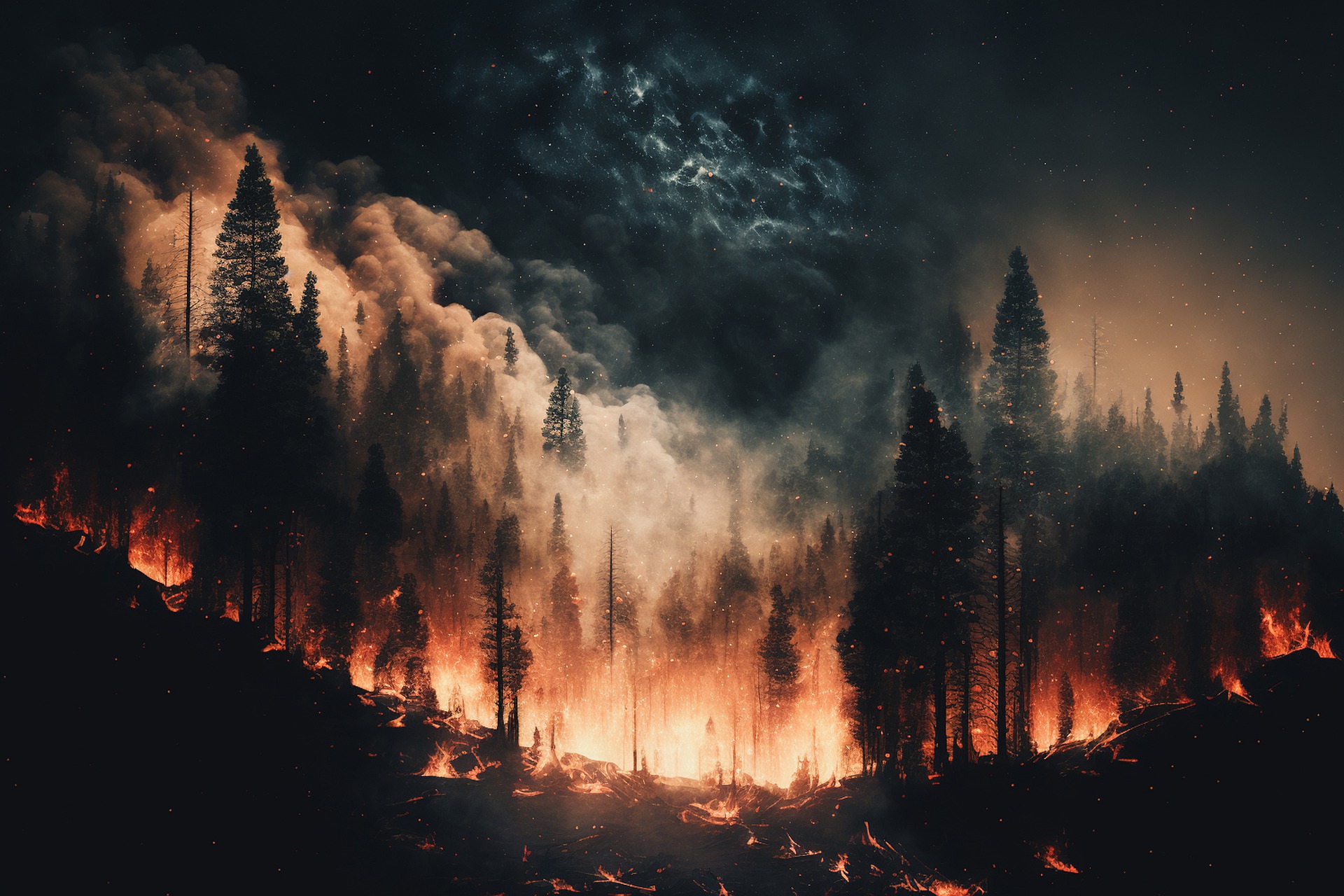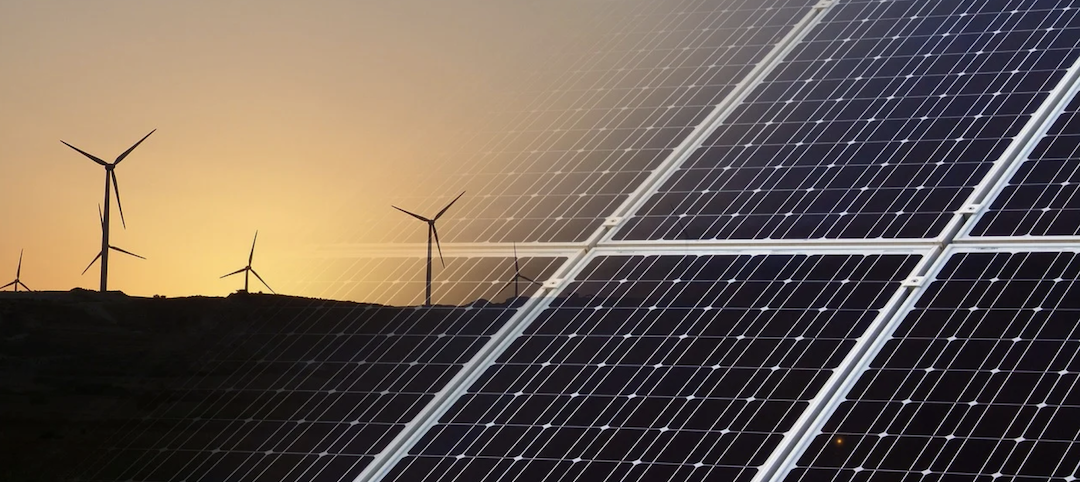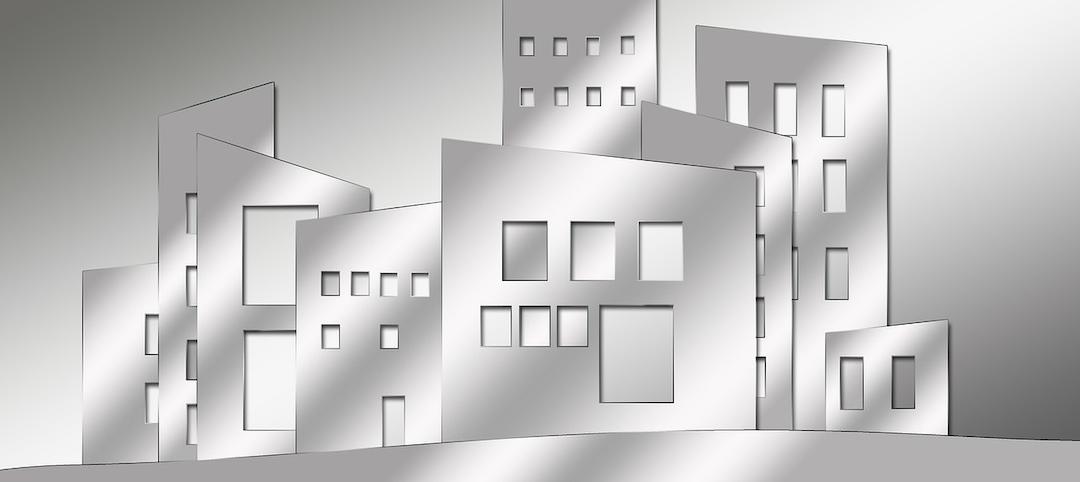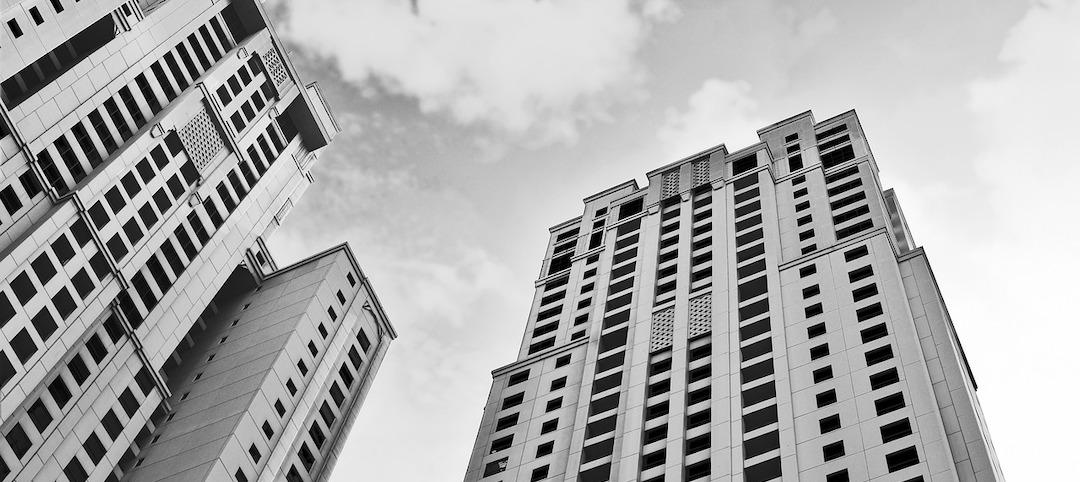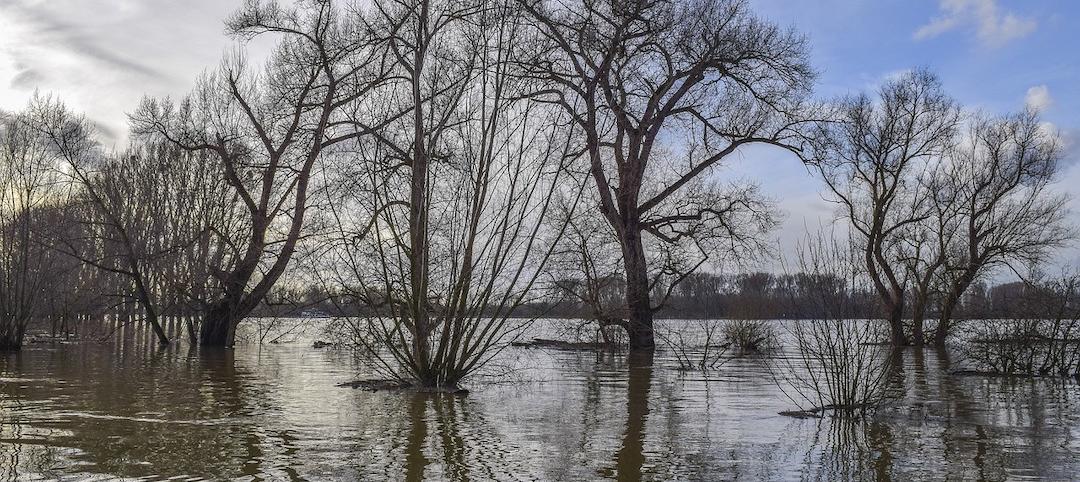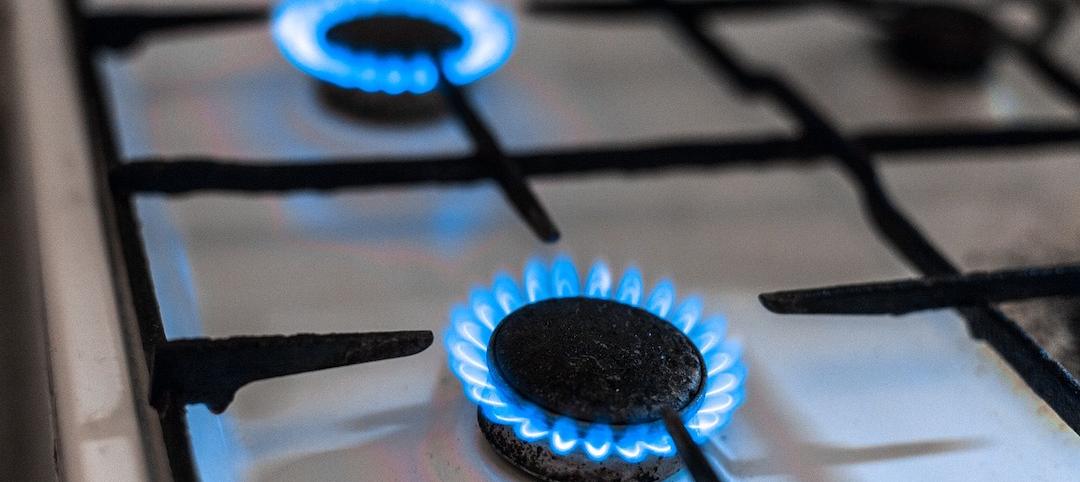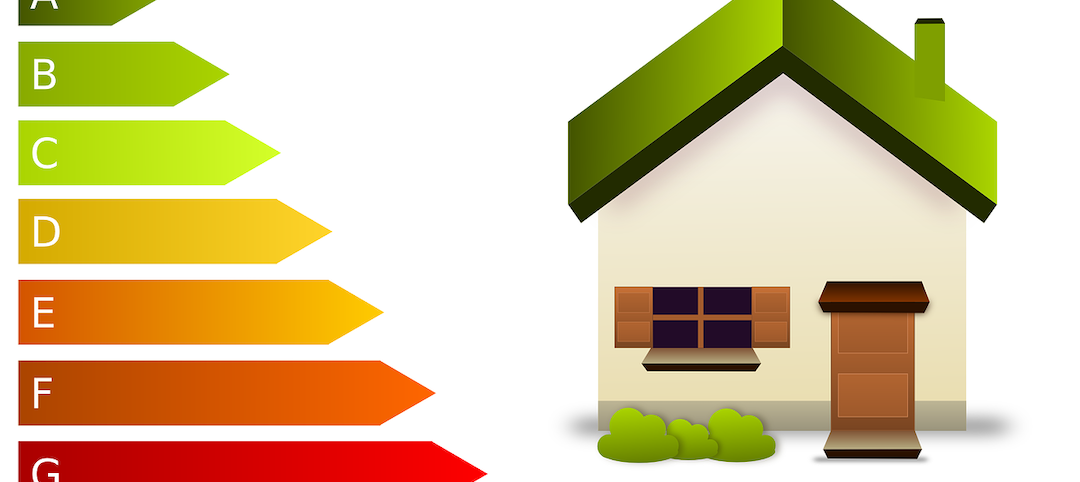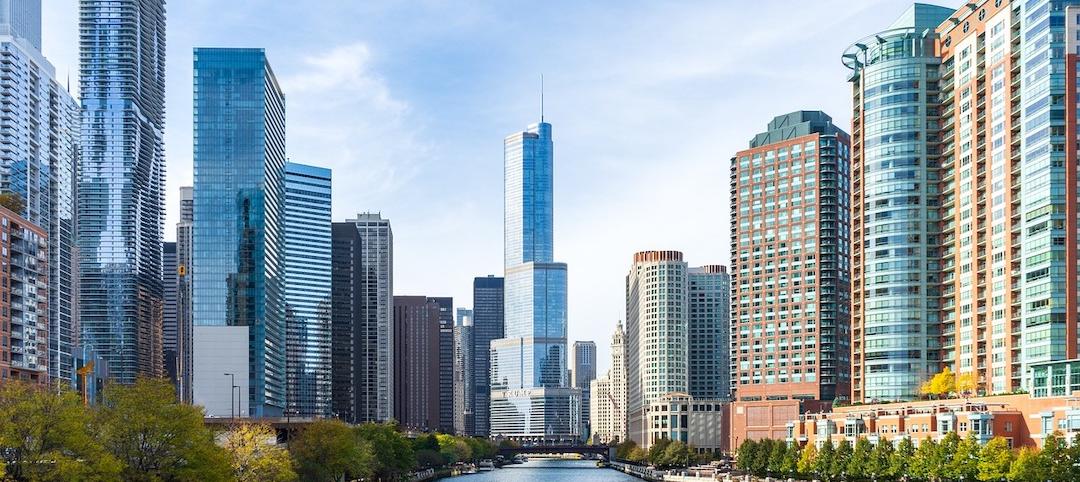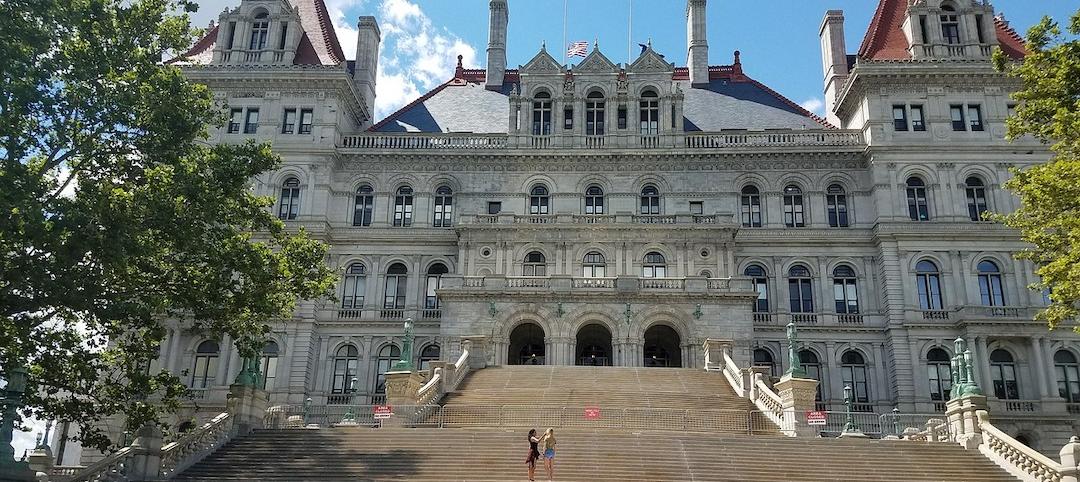New building codes in Washington state intended to protect structures from wildfires are provoking backlash from builders, cities, and environmentalists.
Critics charge that the rules that are scheduled to take effect March 15 are confusing, will increase housing costs, and could cause too many trees to be cut down. The law’s guidelines apply to new construction and remodels, and require roofs, siding, decks, doors, windows, and other parts of homes to be made from fire-resistant material.
The law also requires “defensible space” between a structure and the surrounding vegetation. Defensible space ranges from 30 to 100 feet, depending on factors including building materials, water availability for firefighting, and road access near the structure. Trees planted in the defensible zone must be at least 10 feet apart and 10 feet away from structures.
Opponents say that the map that guides which areas are subject to the new rules includes too many places that are actually low risk. A building industry group estimated the new rules would add at least $4,300 to the cost of a home.
Related Stories
Codes and Standards | Feb 18, 2022
U.S. Army outlines ambitious renewable energy and decarbonization goals
Net-zero emissions in all procurements and a microgrid at every base among aims.
Codes and Standards | Feb 17, 2022
Pandemic won’t alter urban planning
City planners focused on returning to ‘old normal’.
Codes and Standards | Feb 16, 2022
California court rules affordable housing developers exempt from local zoning
Case could set precedent on state law that overrides local rules.
Codes and Standards | Feb 15, 2022
FORTIFIED resiliency standard expanded to include multifamily sector
Voluntary, beyond-code program aims to protect buildings from severe weather.
Codes and Standards | Feb 10, 2022
Number of Americans at risk of flooding to double in 30 years
Most new risk from new development, not climate change.
Codes and Standards | Feb 10, 2022
Intl. Code Council committee on diversity seeks applicants
New board aims to increase diversity in the membership association.
Codes and Standards | Feb 9, 2022
Climate impact of gas stoves in U.S. equal to half a million cars
New study could increase momentum to ban fossil fuels in new buildings.
Codes and Standards | Feb 7, 2022
Energy efficiency ratings not reflecting true energy use
Highest rated U.K. buildings are less efficient than lower rated ones.
Codes and Standards | Feb 3, 2022
Illinois tops USGBC list of states with the most LEED certified projects in 2021
Top 10 states plus D.C. certified more than 247 million gross square feet.
Codes and Standards | Feb 2, 2022
Public works contracting reform advances in New York State
Governor signs bill to form advisory council that will propose policy changes.


